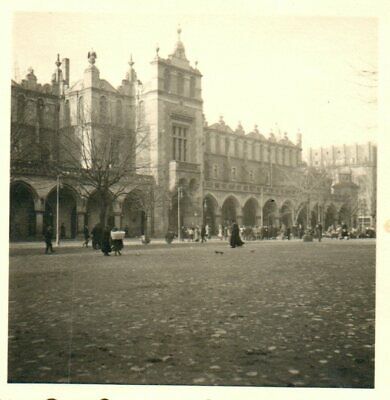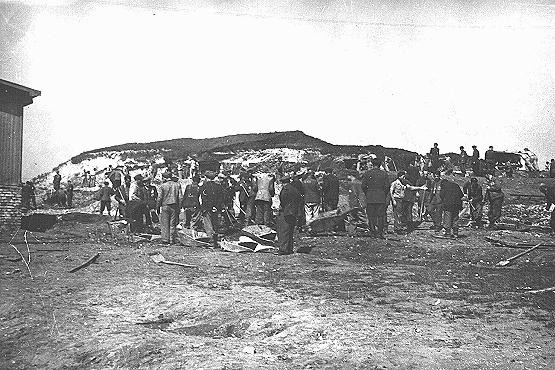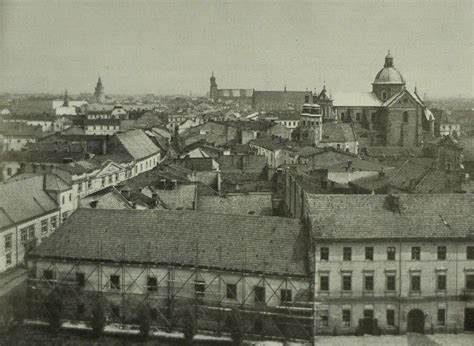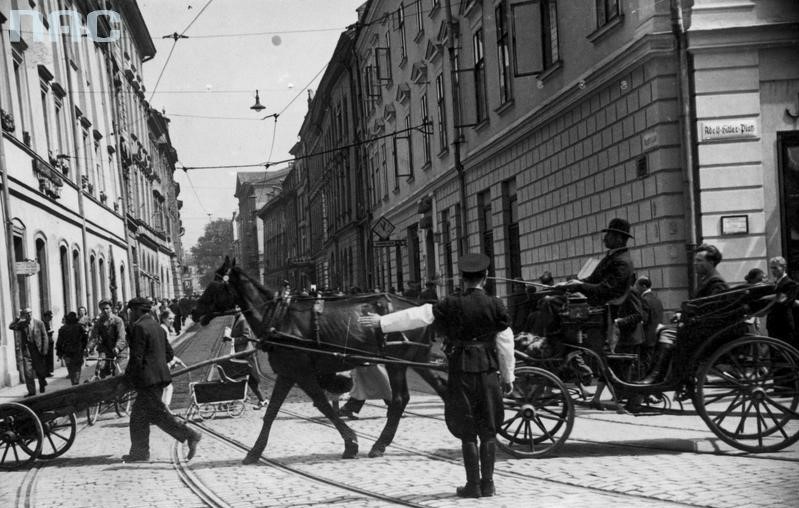Amalia and Henryk
Henryk Reisler and Amalia Mames were Polish Jews who happened to live in times where this was enough to be killed.
We don’t know much about their intimate lives: their thoughts and feelings, their dreams and tastes, their opinions and everyday affairs.
The uniqueness and richness of these people's lives got reduced to a set of facts and figures which are recorded for the archives. This is where we get the knowledge of them from.
Those stories are a very powerful example because they may represent numerous fates alike: of people who may be considered as very different to one another, but due to the rigidness of the records seem similar.
It is recorded as a rigid list of locations they were forced to move from one to another.
Apart from this, we also learn about their close ones they have lost along the way.
All the uniqueness and much we would like to learn about them gets lost between the verses of the records.
It is however thanks to archives that we learn about their existence at all. Even if we can only imagine what happened for real.
Going away
Losing all their belongings, Amalia’s family moved to Niepołomice. For several months, she stayed with other Jewish families in Niepołomice. In 1942, the Germans issued an order to remove all Jews from the city.
Wieliczka
Then they fled to Wieliczka, where Amalia’s family managed to obtain the so-called “Aryan papers”, thanks to which they could go to Krakow where they tried to survive on the “Aryan side”.
But due to the enormous threat and repeated blackmail on the part of Poles, they moved from place to place around Krakow.

Separation
For safety reasons, they decided to separate, the son went to Tarnobrzeg, the daughter to Jasło, while Amalia and her husband left for Kielce.
Tough decision
However, subsequent blackmail and repeated life-threatening situations led Amalia to decide to go to work as a maid in Germany, where she stayed until the end of the war.
Work permit
Henryk obtained a work permit in Krakow, thanks to which he was able to commute to work in Charsznica.
Barracks
Then Henryk was delegated to work in a brickyard in Plaszów and was put into barracks there.
He recalled very difficult working conditions due to the negative attitude of the factory manager towards the Jews working there.
During the deportation of Jews from Krakow to the death camp in Bełżec in June 1942, he lost his mother.

The murder of the Jews in Charsznica
After these events, he returned to Charsznica, where he witnessed the murder of the Jews who lived there.
His father was also among the victims.
New place to stay
Together with the remaining Jews, he was transported to Słomniki.
But not for long.
The brother
Then Henryk was transported to the Płaszów camp.
He escaped from the camp for a short time to the Krakow ghetto, and then returned to the camp, where his brother was also staying.
There are no more records about Henryk Reisler in the Archives of the Jewish Historical Institute (AŻIH), file No. 301/834
Their post-war fate is unknown.









